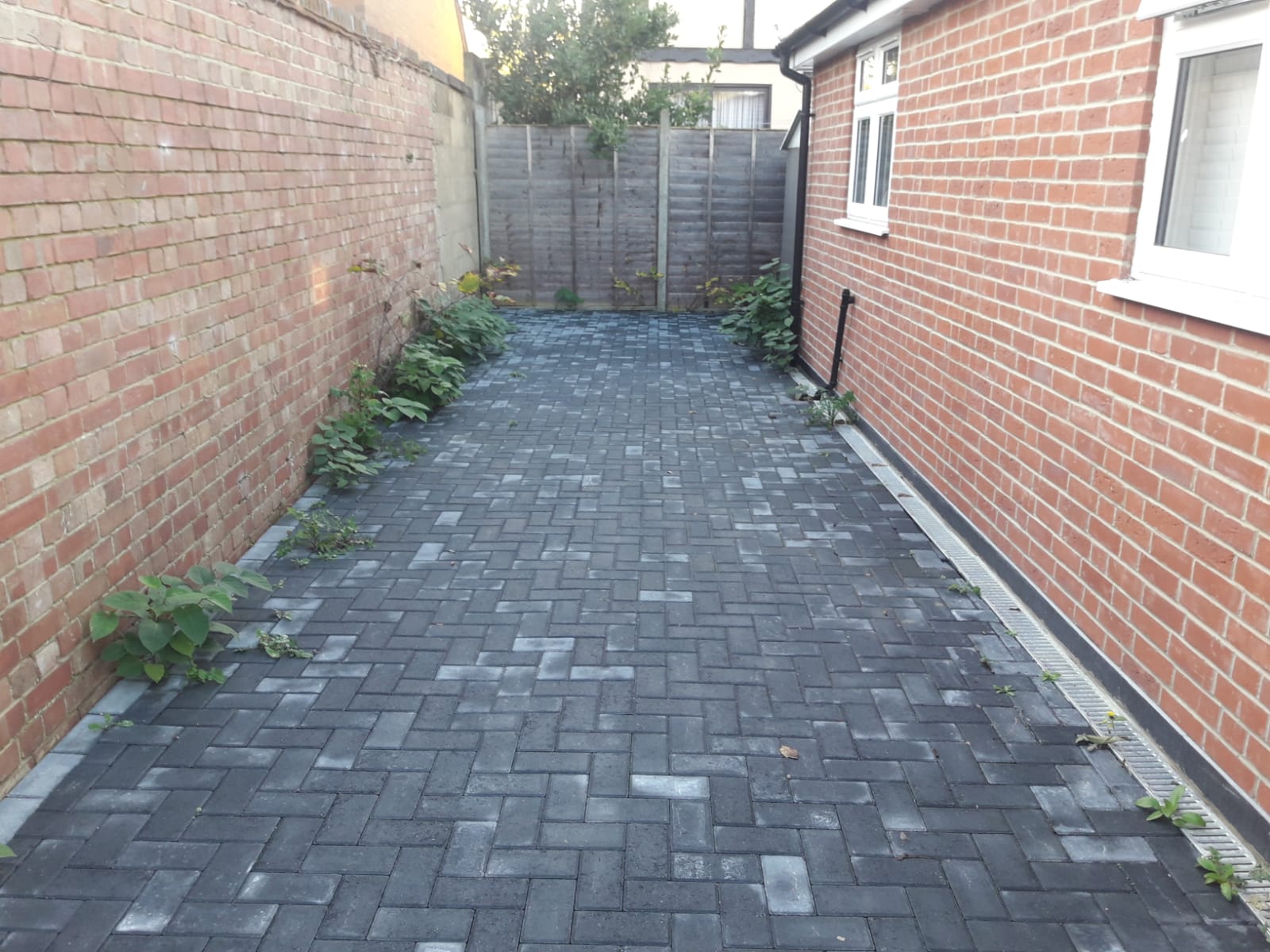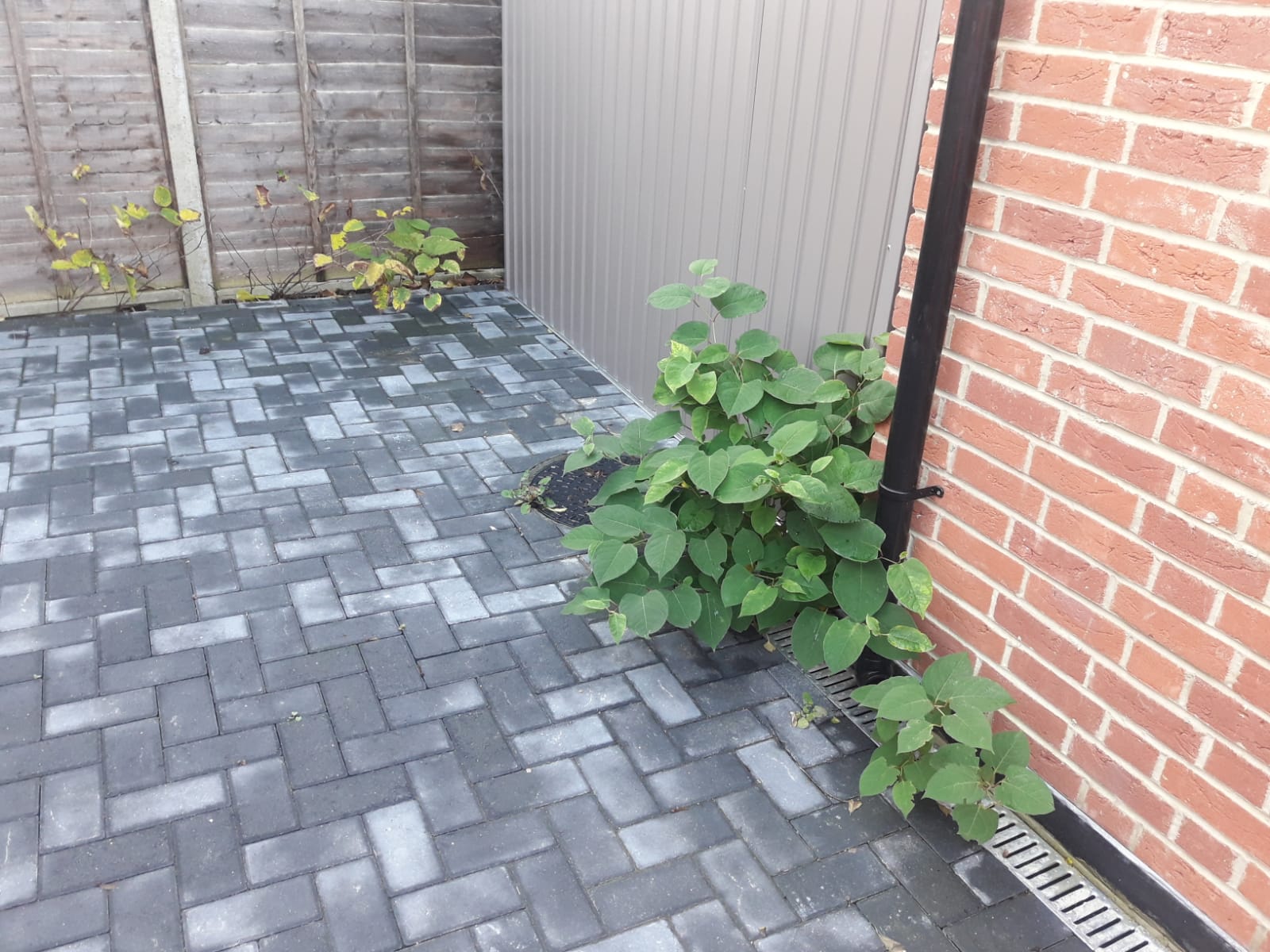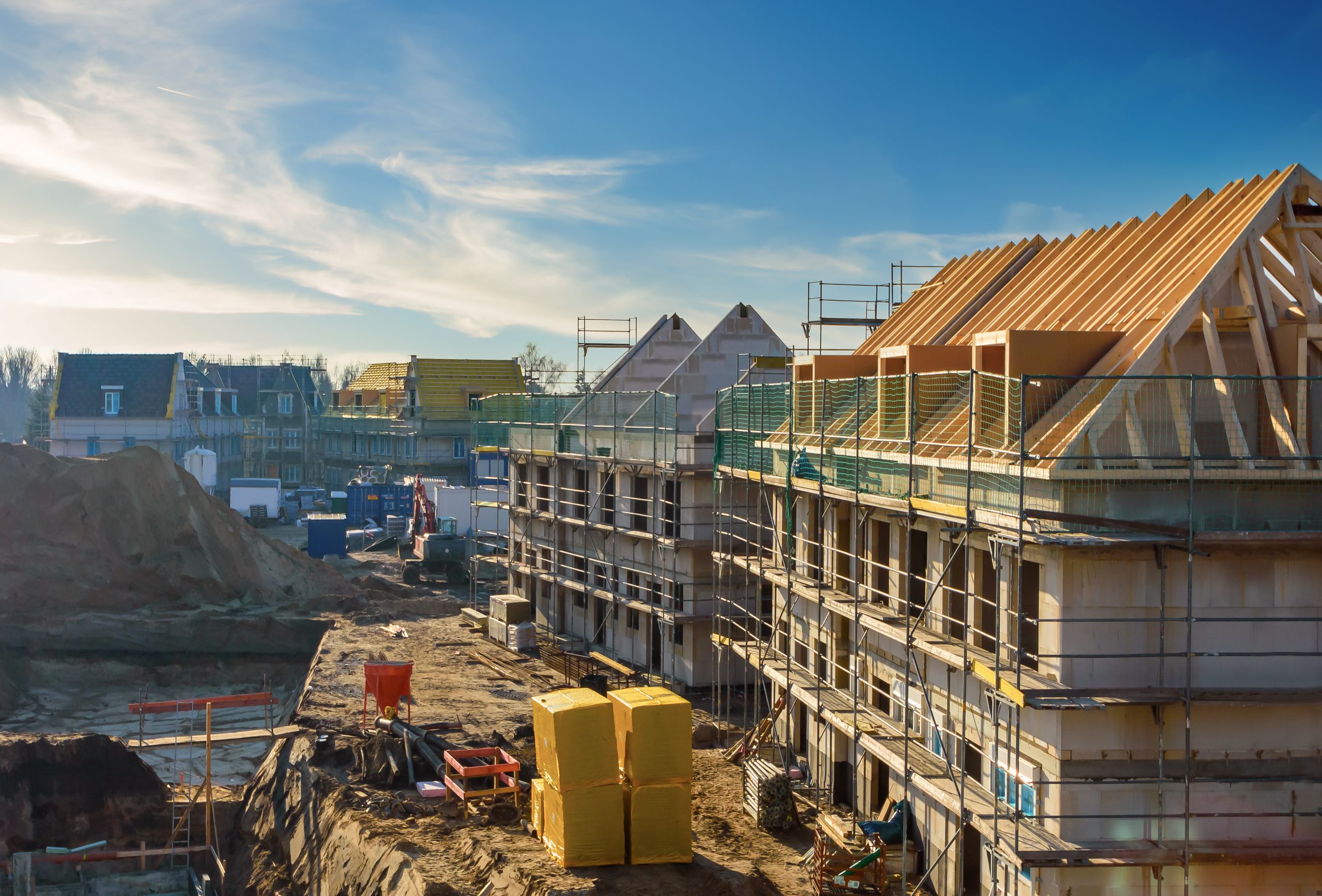Property managers & Japanese knotweed
Property managers dealing with the a legacy of ignored Japanese knotweed can face major and time consuming issues when knotweed that has been ignored by developers at construction phase emerges on properties on new housing estates under their management. But property management companies have the power to assist their clients in preventing the unwelcome discovery of Japanese knotweed on their newly built homes.
Japanese knotweed is present on approximately 5% of properties across the UK. This means that for every 100 houses 5 will be affected. So what does this mean for property management companies managing portfolios of new build developments – and their customers? It could be years of hassle dealing with the legacy of ignored knotweed that has sprung up on new estates.



A challenge faced by property managers
Japanese knotweed could be growing in the gardens of the property management agent’s portfolios, and this means that it could spread onto common areas under the agent’s management such as green or open spaces, facilities and amenities areas, meaning the managing agent has to deal with the issue as well. Clearly dealing with the knotweed before it becomes an issue for residents and managing agent alike is advisable. But first let’s look at the issues knotweed causes.

An issue for their developer clients
Knotweed can often be overlooked by developers who fail to have a pre-project survey carried out by a professional company, or who choose to ignore knotweed on site during the build phase. They know that knotweed will put their project on hold, so often they simply ignore it or try to remove it themselves.
This is what happens on new build sites:
- Japanese knotweed can be found on many construction sites planned for housing development
- The knotweed rhizomes (roots) can remain viable (but not visible) underground for many years
- If even a fragment of rhizome is disturbed during construction work it will rapidly spread
- If ignored the new shoots will appear on new build properties
- Knotweed will spread onto other properties causing issues with neighbours
- Disclosed knotweed can devalue property making it difficult to buy or sell
How can property managers take action?
Property managers may not be able to influence developer clients to deal with potential or known knotweed before the houses go on the market, but often property management companies have a close and lengthy relationship with UK housebuilders, so they can nip potential issues in the bud by recommending a pre-planning site survey and provide details of a trusted contractor specialising in Japanese knotweed.
Information and training is key. Overlooking knotweed is a common mistake and one that comes back to bite later on.
Information
Property managers could encourage their clients to have a pre-planning survey. By providing information about what the survey involves, and explaining the pitfalls of not doing so, the issue may not arise at all. Mitigating risk of potential costly remediation is a valuable message to give. Providing information about Japanese knotweed to residents works equally well for the property managers on the ground dealing with customer’s daily requests – it proves they have the knowledge about this highly invasive plant.
Training
In order to provide the information property managers should have professional training in identification and methods of control or removal. Japanese knotweed can, to the untrained eye, be mistaken for a harmless plant or shrub. It also has many variants that could be mistaken for Japanese knotweed such as Himalayan knotweed or Bonsai knotweed. Identification training is beneficial to both developers and to property managers.
In conclusion
- Taking preventative action mitigates risk of Japanese knotweed problems on housing estates, for property managers and their residential customers
- Property managers could work with their developer clients by providing information on knotweed and recommending a pre-planning survey
- Training is key – know your knotweed!
If you’d like help with Japanese knotweed either on a development site or on managed properties get in touch:

